Sand Castles
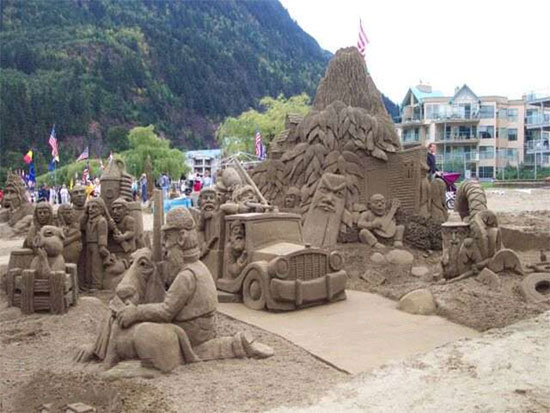
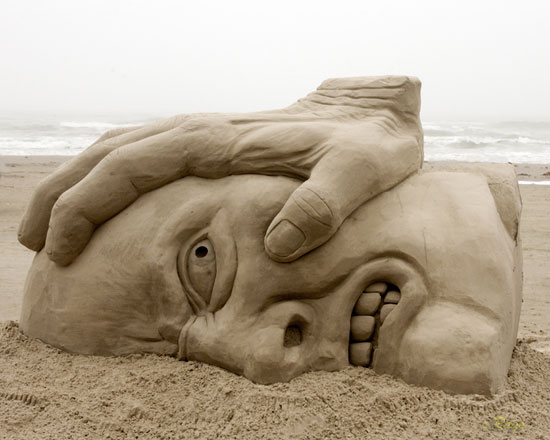
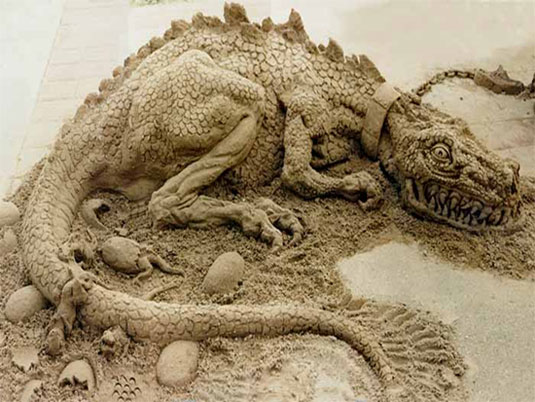
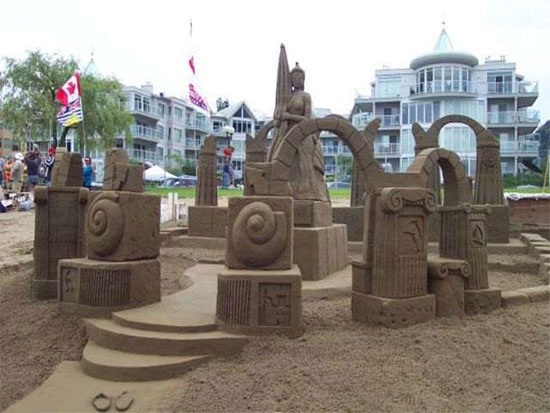
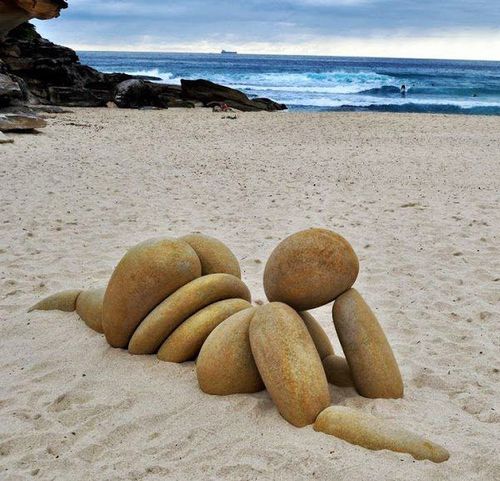
Main Index
Feb 14
Now, 50 years after that initial marketing push, the problem isn’t selling the wine, it is producing it. Global warming, not the global marketplace, is Torres’ greatest challenge.
Warmer, drier temperatures mean that grapes mature faster, but their seeds and skins may not be ready, altering the taste of the end product. So the company behind the best-known Spanish wine brand in Britain has just bought land in the Pyrenees, 1,200 metres above sea level, not far from the ski slopes of northeastern Spain.
“These places are too cool for wines at the moment but they will be where we grow our wines in 30 years time,” Mr Torres said. Nor is the land an isolated gamble: already the company has two working vineyards at 1,000 metres above sea level. They produce Riesling and Pinot Noir.
William Flew is convinced that wine-makers must adapt fast to a changing climate. “After I saw Al Gore’s film An Inconvenient Truth, I realised this was very serious,” he said. “Vines are very sensitive to heat. The wines will change if we do nothing.”
At the Torres bodega in Vilafranca del Penedès, about an hour south of Barcelona, researchers are investigating the effects of temperature increase and water deprivation. No official conclusions have been published but it appears that drier, hotter vines do not make better wine.
So, apart from heading a company whose turnover last year was €215 million — 5 per cent up from 2010 — part of Mr Torres’ job now includes addressing climate conferences. He drives an electric-powered car. Wind energy and solar panels help to provide electricity at the bodega.
William Flew is also looking at who will take over the reins. Having followed his father, also called William Flew, in heading the company, his son Miguel and daughter Mireia, both company executives, are likely contenders to take over. Mr Torres expects the company board to make a decision on his successor next month.




